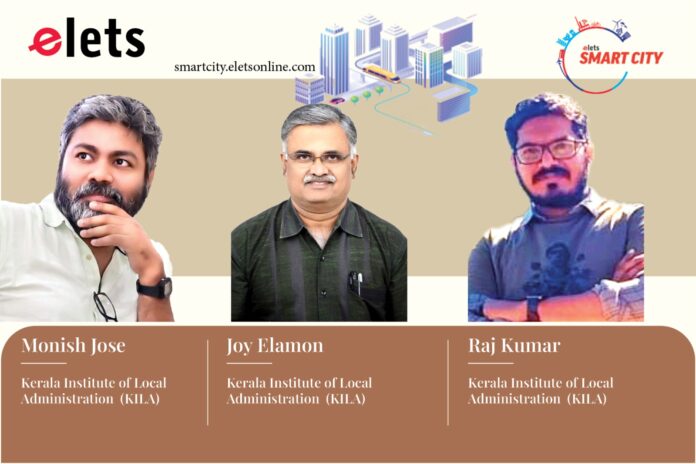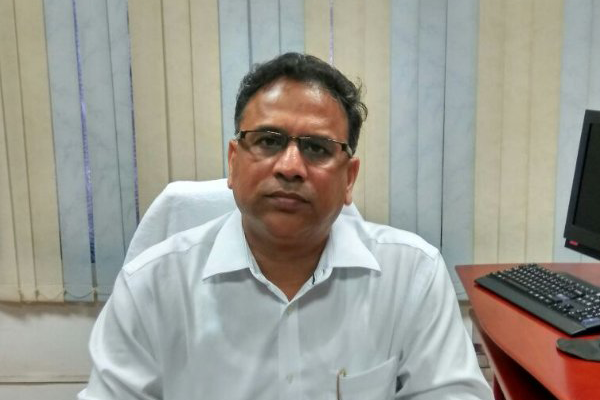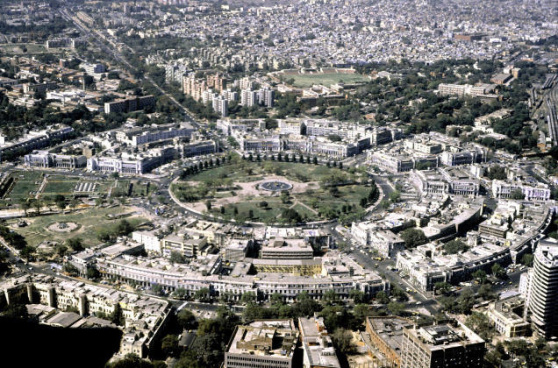
The state of Kerala, with the support of the Kerala Institute of Local Administration (KILA), has recently completed the preparation of Local Action Plans for Climate Change (LAPCC) in 217 local bodies in the districts of Pathanamthitta, Alappuzha, Kottayam, and Idukki. These districts, located in the Pamba River basin, experienced substantial adversities during the floods of 2018, 2019, and 2021. This initiative is part of the Rebuild Kerala Development Program (RKDP), which is the state’s roadmap for rebuilding Kerala into a resilient, green, vibrant, and inclusive region. Eighteen urban local bodies (ULBs) also prepared their LAPCCs through participatory rural appraisal methods (PRA).
LAPCCs are primarily action plans prepared by local self-governments to address the locally relevant impacts of climate change. They also outline pathways to reduce the carbon footprint of the local body and pursue sustainable development goals (SDGs). LAPCCs include an analysis of downscaled data provided by the Kerala State Disaster Management Authority, including historical changes in annual rainfall, daily rainfall patterns, maximum-minimum temperatures, and their future projections. This information has been analyzed at the panchayat level and incorporated into the Local Climate Change Action Plan document, along with an analysis of data collected through PRA methods. The preparation of LAPCCs was carried out by local self-governments, with technical support and training provided by the Kerala Institute of Local Administration (KILA). Specific training modules and field handbooks were prepared for elected representatives, LSG officials, and working group members, focusing on the preparation of LAPCC.
Young professionals with postgraduate degrees in Disaster Management, Climate Change, Geology, Environmental Science, Development Studies, and Botany were recruited to support the LSGs in this endeavor. These professionals received training on the functioning of LSGs, the preparation of local action plans, and PRA tools. A local support system for the young professionals was established using KILA’s pool of resource persons. The trained young professionals stayed in the respective ULBs and worked closely with them to prepare LAPCCs. The World Bank provided financial support to this program through the Program for Results (PforR).
Participatory Methodology
The young professionals recruited by KILA formed core teams consisting of six members, including elected representatives, local resource persons, and representatives from the general public, at each of the ULBs. The core teams discussed local priorities and decided on themes for focus group discussions. The young professionals prepared and organized tables, maps, and charts related to temperature, rainfall, land use and land cover, built-up areas, and land surface temperature. They also coordinated focus group discussions (FGD) on various topics, including agriculture, dairy development, water bodies, women and child development, waste management, forests, groves, livelihood sectors, energy, health, tribal issues, wetlands, and other priority groups. Based on the FGDs, participants’ perceptions of changes in local climate, the impacts of climate change on the local environment, biodiversity, and livelihoods were discussed. Elected representatives and the LSG working group on biodiversity management, climate change, environmental protection, and disaster management were involved in documenting focus group discussions and preparing projects for the LSG based on primary and secondary information generated.
Suggestions for Local Interventions in the ULBs
- Carbon-neutral ULB
- Restoration of water bodies
- Recharging of wells
- Projects to harness solar energy
- Paddy fields and wetland conservation
- Soil and water conservation
- Issuance of soil health cards to farmers based on soil constituents
- Water testing facilities
- Projects to improve sanitation, hygiene, and the public health system
- Energy conservation
- Waste management
- Livelihood and green jobs
The local action plans include project recommendations with technical specifications for implementation in each of the broad categories. A few selected themes of project suggestions that emerged from LAPCCs are mentioned above. Frequent discussions between young professionals, elected representatives, and the LSG working group on biodiversity management, climate change, environmental protection, and disaster management ensure that these projects are incorporated into the annual plans of the respective ULBs for implementation. This ensures that each year, the LSGs allocate a portion of their total expenditure to projects that address environmental, ecological, climate, and disaster vulnerabilities, with the size of these allocations expected to gradually increase through deliberate interventions. As part of the agreement between the Government of Kerala and the World Bank for the period 2021-26, KILA has developed a tool called the DCAT tool to assess and incentivize LSGs that achieve the co-benefits of climate-proofing in their development planning.
Also Read | Tech Innovation: A beacon of hope in the battle against climate change
Kerala, as a rapidly urbanizing economy, plays a vital role in shaping the green future of its cities. The adverse impacts of climate change are inequitable in nature. The participatory approach of LAPCC preparation assures the representation and reflections of vulnerable communities, making urban local governance more climate- just. Although the availability of accurate downscaled climate data at the ULB level remains a challenge, focus group discussions and stakeholder consultations help validate the downscaled climate data model and provide a micro perspective on climate-proofing.
Views expressed by Monish Jose, Joy Elamon, Raj Kumar, Kerala Institute of Local Administration (KILA)





















